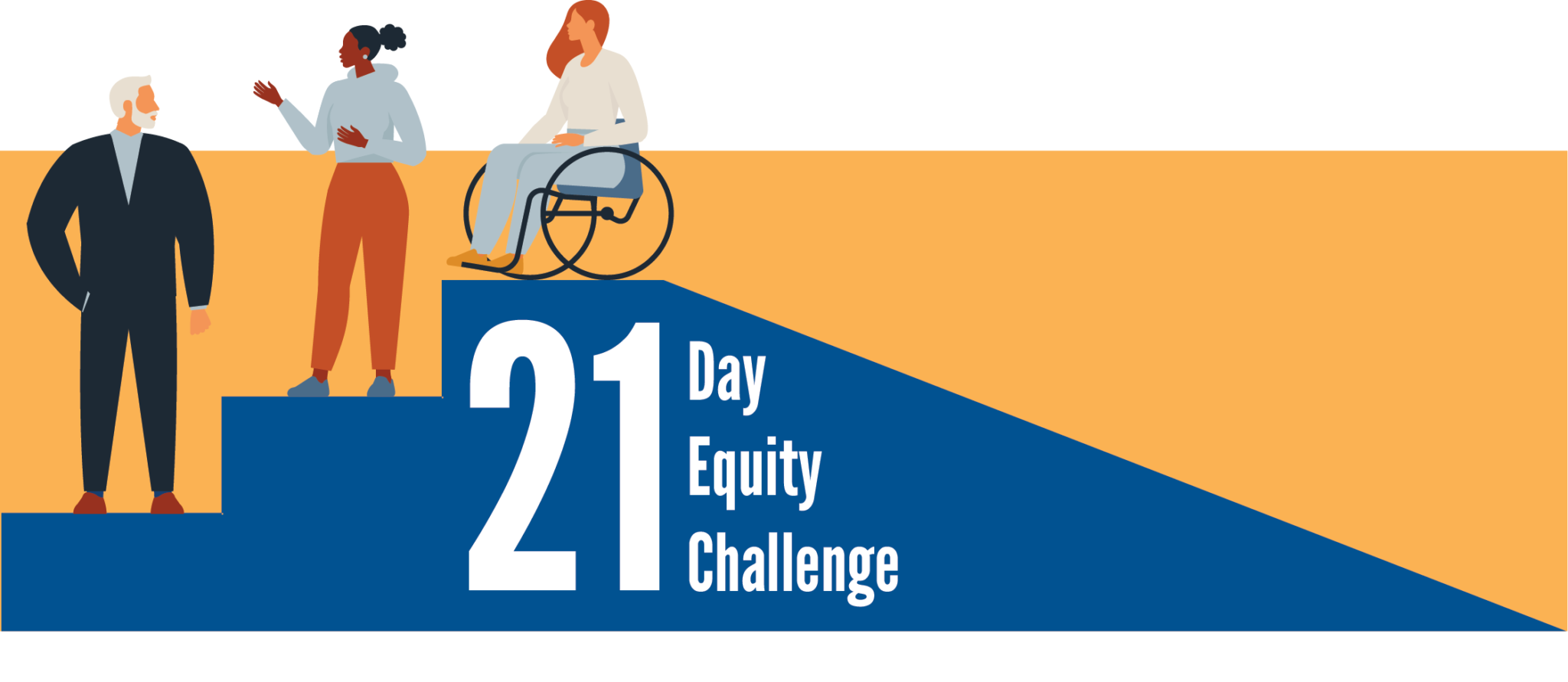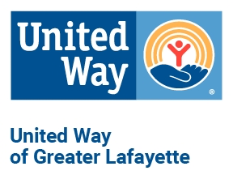
WELCOME TO THE 21 DAY EQUITY CHALLENGE DAY 20!
“Systems that are failing people of color, are actually failing all of us.”
At one time or another in our journey, we may find ourselves hesitant to pursue change due to the fear of making mistakes. We invite you to view it as an opportunity to be brave. Let us all do what we can to create and inhabit the “brave space” described in this poem:
INVITATION TO BRAVE SPACE
Together we will create brave space
Because there is no such thing as a “safe space”
We exist in the real world
We all carry scars and we have all caused wounds.
In this space we seek to turn down the volume of the outside world,
We call each other to more truth and love
We have the right to start somewhere and continue to grow.
We have the responsibility to examine what we think we know.
This space will not be perfect.
It will not always be what we wish it to be but
It will be our brave space together,
And we will work on it side by side.
by Mickey Scott Bey Jones
https://helpingout.net/2018/12/02/invitation-to-brave-space-poem-by-micky-scottbey-jones/
Doing the Work:
Over the past 19 business days, we have learned how racial inequities permeate our communities on individual, institutional, and systemic levels. We are all impacted by the system of racism in our country and therefore all responsible for dismantling the structures that allow it to persist. Change is possible, and there are many tools and approaches we can employ as individuals and organizations to drive transformation. We encourage you to explore Racial Equity Tools, a comprehensive site of resources. You’ll find fundamentals, ideas for planning, implementation strategies, and evaluation resources. They are all designed to support efforts to achieve racial equity.
The 4 Equity Tool asks:
- Have a variety of ethnic communities/people of color been informed, meaningfully involved and authentically represented in the process/decision?
- Is there a group that benefits more than another because of this process/decision?
- What could be one unintended consequence of this process/decision for ethnic communities/communities of color?
- What action will be implemented to advance equity in this process/decision-making?


